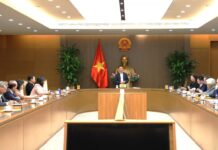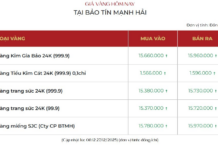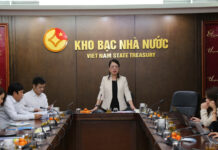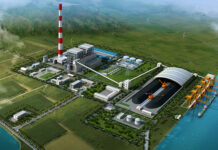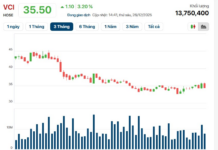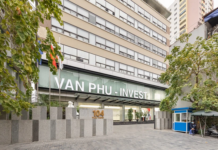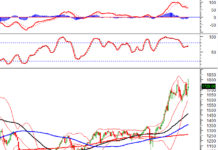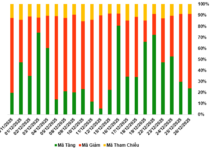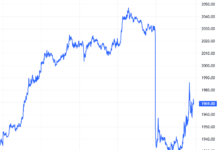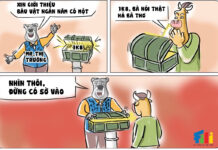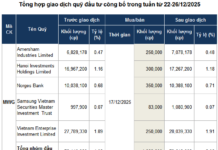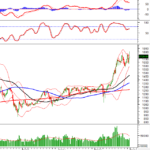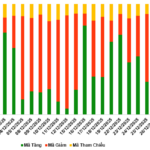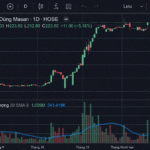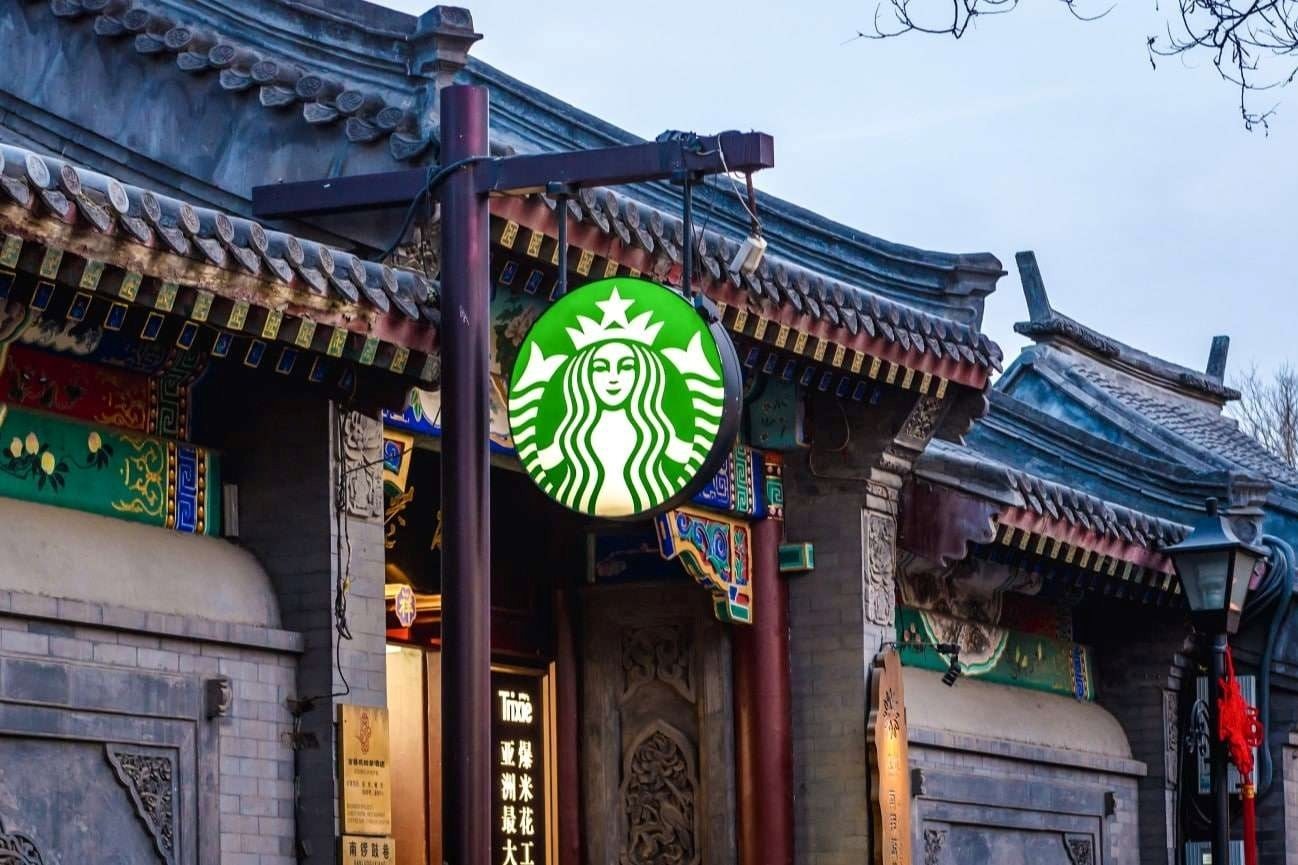
Starbucks announced it will sell control of its China operations to Boyu Capital in a deal valuing the business at $4 billion—one of the largest divestments by a global consumer company in China in recent years.
The Seattle-based coffee chain stated that capital from Boyu will help accelerate growth in the world’s second-largest economy, where local rivals like Luckin and Cotti offer lattes for as low as 9.9 yuan ($1.40)—a third of Starbucks’ prices.
“Our goal is to bring the Starbucks Experience to more customers in more cities across China. We see a path to grow from 8,000 stores today to over 20,000 stores over time,” said Starbucks CEO Brian Niccol in a statement.
Shrinking Market Share
Under the agreement, Boyu—co-founded by a grandson of former Chinese President Jiang Zemin—will hold up to 60% of the new venture. Starbucks will retain 40% and continue licensing its brand and intellectual property.
The U.S. company said the value of its China retail business, including retained equity and licensing income over at least 10 years, will total over $13 billion. Shares rose 3% in after-hours trading.
Starbucks, credited with creating China’s coffee market after entering in 1999, saw its market share drop to 14% last year from 34% in 2019, according to Euromonitor International.
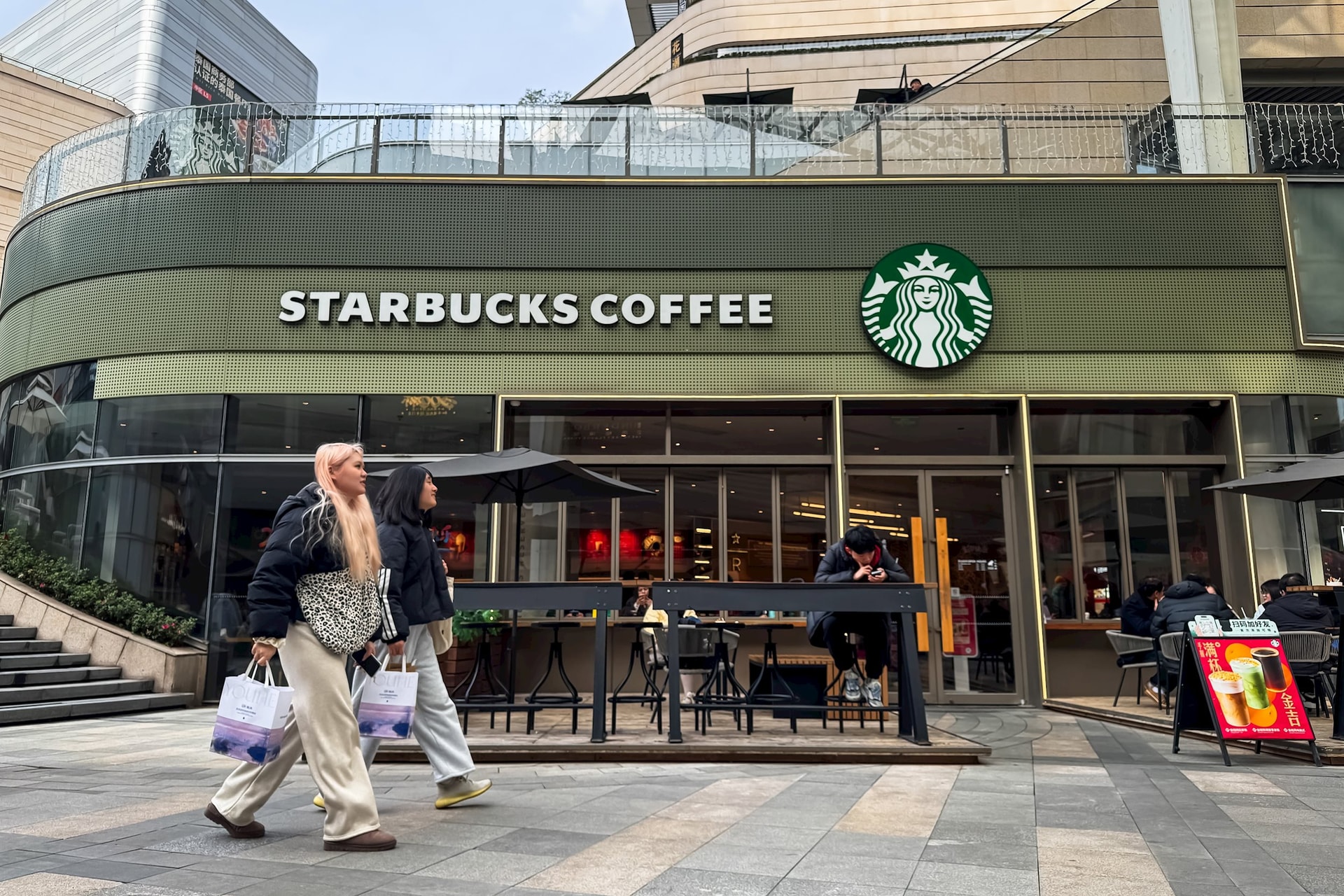
Starbucks plans to focus on its traditional strength as a gathering place for customers. Analysts agree competing directly on price with Luckin or Cotti would be a mistake.
Luckin, focused on takeout and delivery, operates over 20,000 franchised stores in China and recently expanded to Starbucks’ home turf with two New York locations this year.
Starbucks has lowered prices on non-coffee beverages and accelerated the launch of localized products to compete better. Same-store sales in China rose 2% in the quarter ending June 29, up from flat growth in the prior quarter.
What Does Boyu Bring to Starbucks?
According to a source familiar with Boyu’s plans, the firm will help expand Starbucks into lower-tier cities and make existing stores more cost-efficient.
Other global companies have taken similar approaches in China. McDonald’s sold 80% of its China and Hong Kong operations to investors, including Citic, for $2.1 billion in 2017—a move later deemed successful.
“Boyu is not like Citic, a state-owned enterprise with significant supply chain advantages in real estate and land,” said Jason Yu, Managing Director of CTR Market Research.
“Boyu operates more like a private equity firm. They’ll likely provide strategic support and help Starbucks build digital partnerships and relationships,” he added.
Founded in 2010 and based in Hong Kong, Boyu has invested in some of China’s largest tech companies. Recently, it expanded into consumer products, notably backing tea giant Mixue Group and holding a 45% stake in luxury department store operator SKP.
Source: Reuters
China Lifts Rare Earth Export Ban for BRICS Nation, Imposes Strict Condition: No Resale to the US After 870-Ton Deal in 2024
Shipments are subject to strict conditions: no re-export to the United States and no use for military purposes.








